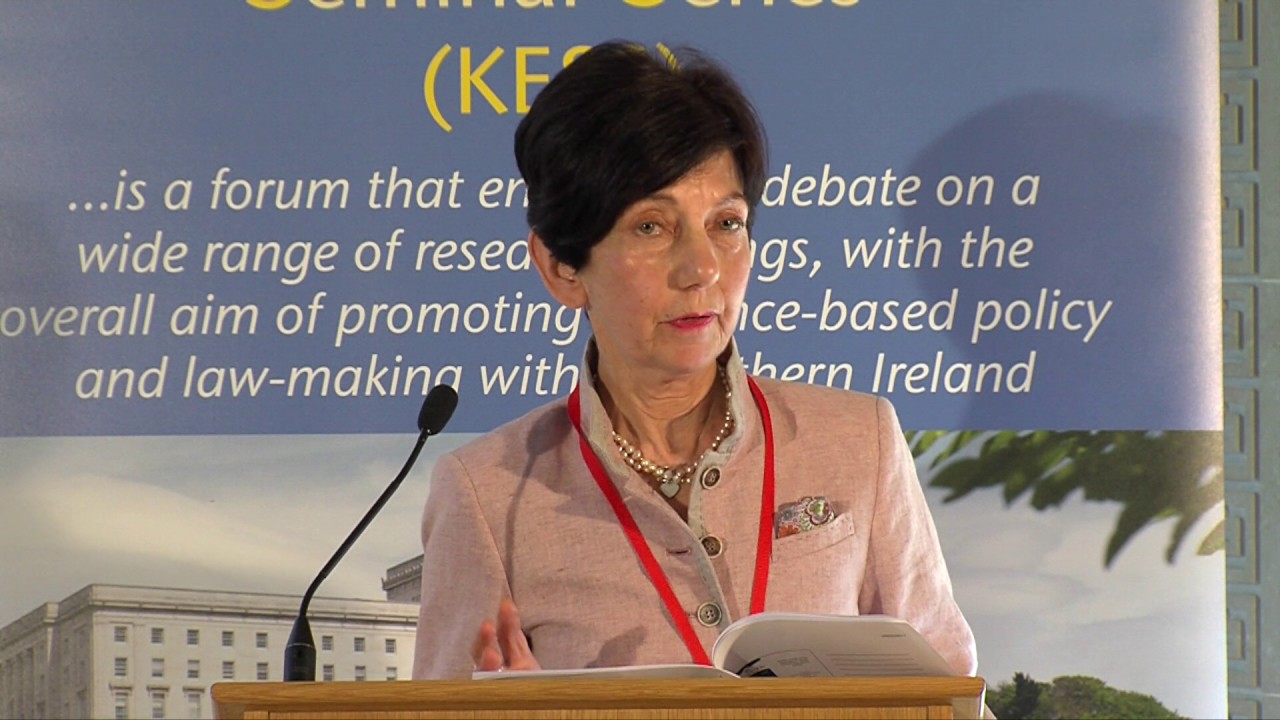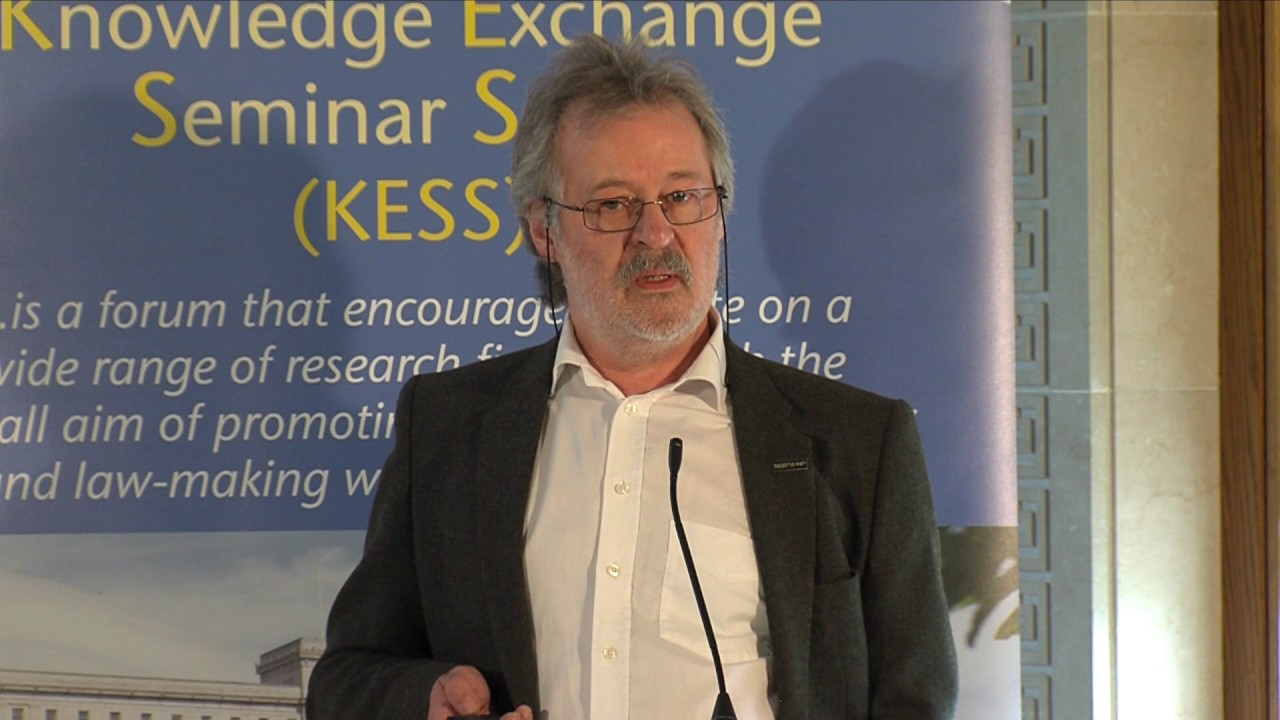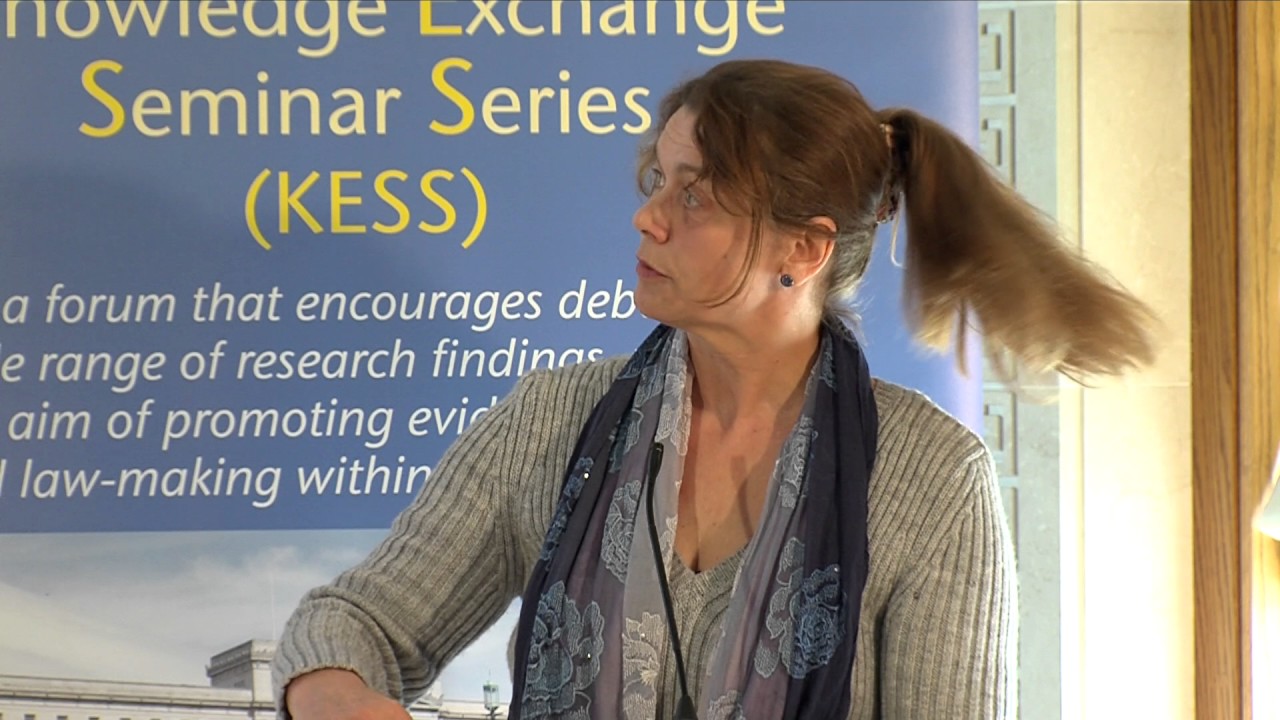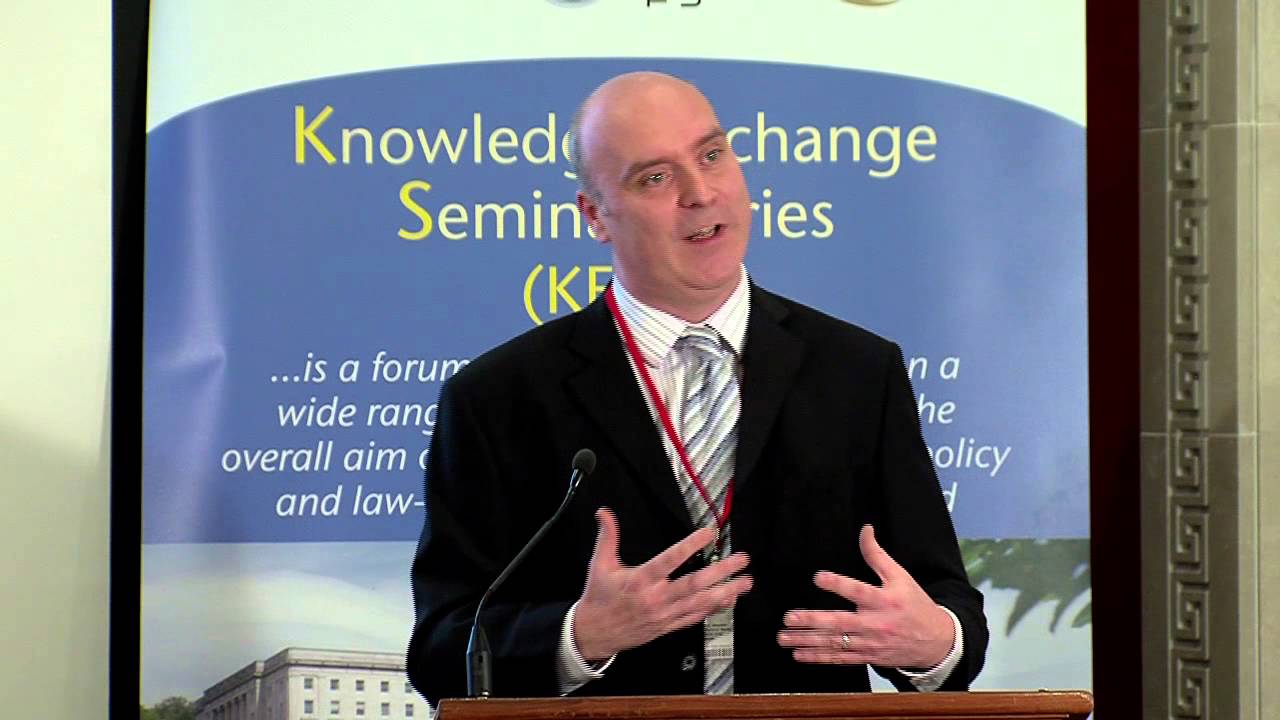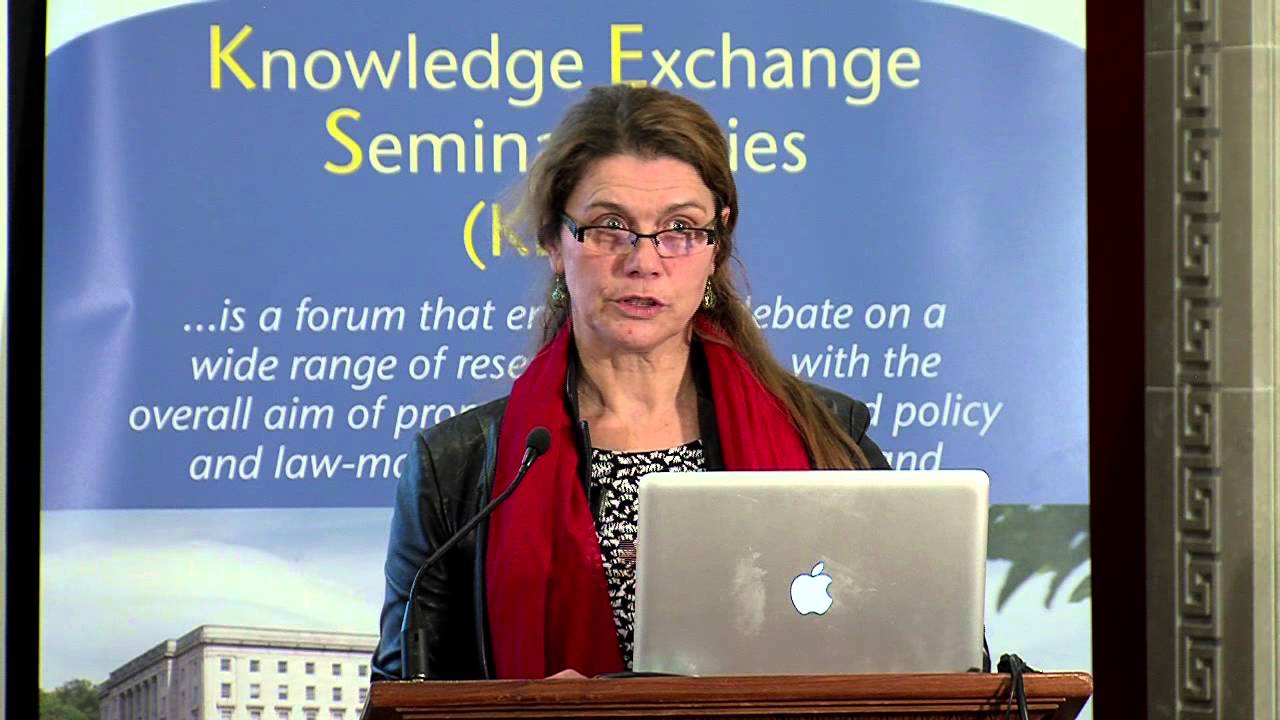Autism: a cross-cultural perspective on service provision and capacity building
Dr Ilona Roth (OU) Prevalence estimates for autism in the western world have risen substantially over recent years, most probably reflecting a combination of increasing public awareness, wider inclusion criteria and improved diagnostic services. Many gaps and inequalities of services and support remain, especially in relation to adults and to deprived and ethnic minority communities. … Read more



